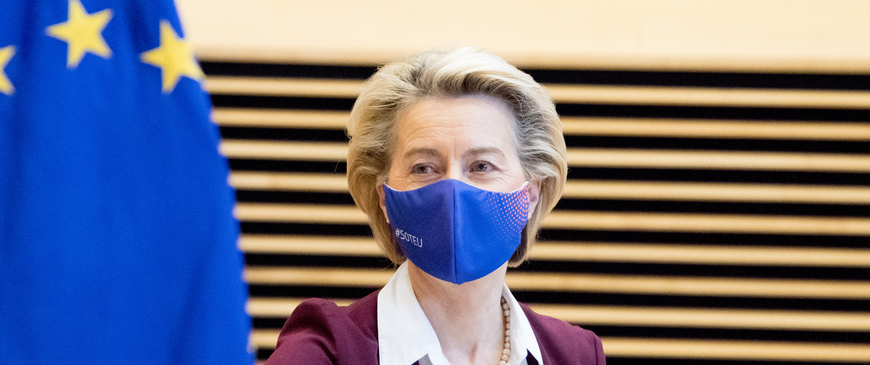
Judy Asks: Can the EU solve the budget and rule-of-law crisis?
Hungary and Poland have vetoed the next EU budget in protest of a new rule-of-law conditionality. What instruments and treaties can Europe use to circumvent Budapest and Warsaw’s hostage-taking?
The EU can easily solve the budget crisis—give in to Hungarian and Polish blackmail tactics, and the EU’s next seven-year budget will be approved. But that would exacerbate the rule-of-law crisis, which is much more important.
The rule of law enables the EU to function. The single market works because companies from one member state can rely on consistent laws, consistently applied, in the others. The European Arrest Warrant works because courts in one country can trust courts in another to try cases fairly.
There should be no dispute between Central European member states and others about the rule of law’s importance, so it is good to see the chairman of the Slovak parliament’s European Affairs Committee (and former Carnegie Europe director), Tomáš Valášek, and Romanian Prime Minister Ludovic Orban pushing back against the Hungarian and Polish governments.
Rule-of-law problems in the EU should be a common concern; look at the corruption uncovered by journalist Daphne Caruana Galizia in Malta or the allegations against former French president Nicolas Sarkozy.
Even if Hungary and Poland delay agreement on the EU budget for 2021–2027 and the Next Generation EU coronavirus recovery fund, EU leaders must stand firm. They must defend core EU values, not reward countries for rejecting them.
Ian Bond is director of foreign policy at the Centre for European Reform.
There is an odd pessimism in the question. This is not a crisis. The EU, for the first time, is trying to lock in a meaningful rule-of-law mechanism into its spending programs, even though it needs the consent of the governments it is trying to contain.
How to solve this conundrum?
First, put a humongous pot of money on the table ready for the opposing governments to tap into. The coronavirus pandemic has provided that opportunity. Hungary and Poland, for example, have not been hit particularly hard by the pandemic and yet are bound to receive enormous amounts from the new recovery plan.
Second, make sure the financial deal contains elements for everyone, including the allies of the opponents, so that vetoing this carefully crafted deal is certain to piss off everybody else.
Third, turn the rule-of-law screws until the reluctant governments squeak.
Fourth, show them the EU’s arsenal—for example letting spending programs just run out—should they veto the deal.
Fifth, find their pain threshold and settle just below it.
Et voilà, another EU standoff is resolved. Don’t panic. We are currently in stage four and need calm resolve and patience to proceed to five.
Christian Odendahl is chief economist at the Centre for European Reform.
View full article here.
